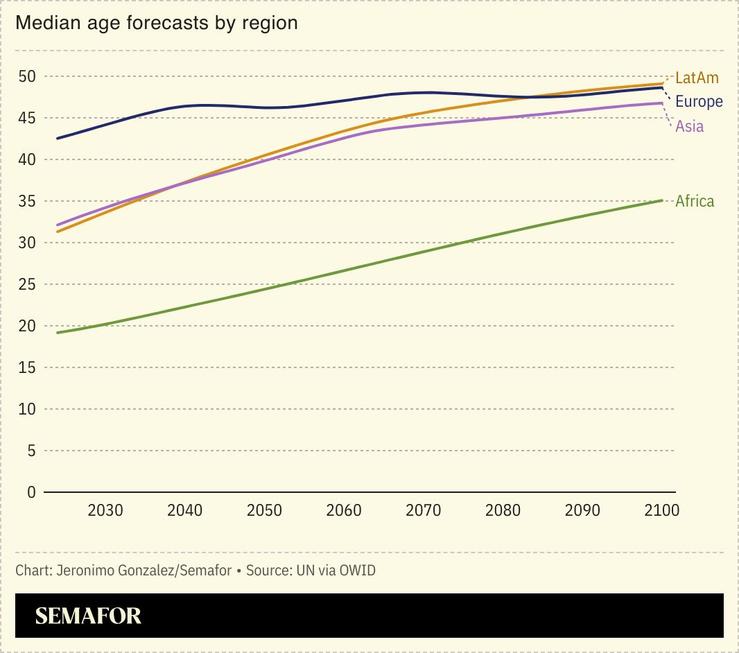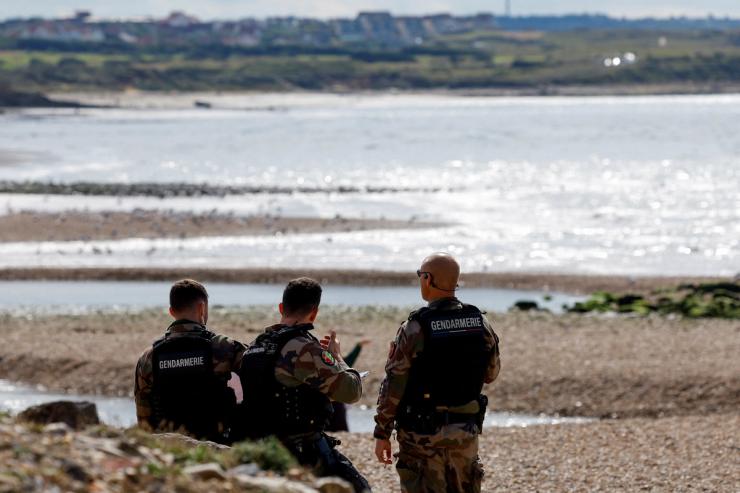The News
Governments across Europe have rolled out a number of policies aimed at slowing migration in recent months, despite their economies’ increasing reliance on foreign workers to fill labor shortages.
Earlier this month, Germany reintroduced checks on visitors entering by land from within the European Union — which allows free movement of people — in response to rising domestic concern over migration. Meanwhile, a recent poll showed immigration is now the biggest concern for Spanish voters.
Europe, however, is aging quickly, and a growing labor shortage and fears over national pension schemes means that “The choice is not so much between more immigration and less immigration, but rather a lot of immigration now or a lot later,” economist Tyler Cowen wrote earlier this year.

SIGNALS
A ‘gradual mainstreaming’ of populist policy
Hardline immigration policies have long been a mainstay of the European far right, but these policies are “gradually mainstreaming” across the bloc, The Guardian noted, citing recent research. A more politicized sense of “Europeaness” has become increasingly apparent, the outlet argued. Part of the reason is perhaps to do with the rise of the far right in electoral politics and more established parties adopting a harder stance on migration to detract from their opponents’ popularity. Pro-European parties must “resist the temptation of staying quiet on… migration and diversity for short-term electoral gain,” an expert said, otherwise European self-identity may collapse, he warned, or else “flourish — but in a closed, xenophobic form.”
Europe’s moves to shut out immigrants conflict with need for workers
Dire demographic projections and a shortage of workers have created holes in the labor market that are likely to get worse, The Economist wrote, yet: Europe is “nuttily deploying barbed wire fences and ‘workers wanted’ posters at the same time.” The problem is only likely to get worse as European populations continue to age and workforces shrink, so opening legal channels of immigration will counter the efforts of people smugglers seeking to exploit the situation, the magazine wrote: “Europe should not forget that tomorrow it may be politely inviting in much the same people it is today letting drown.”



